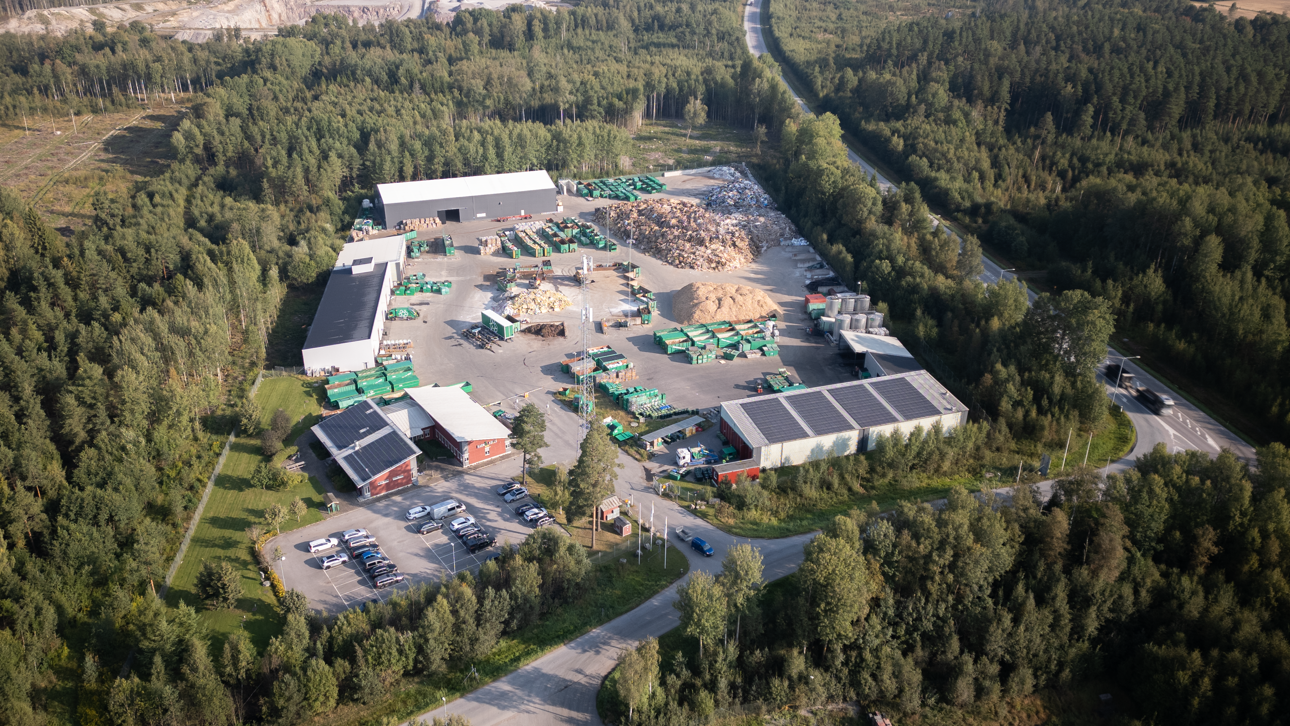With a capacity to process up to 10 tonnes of flat glass per hour, the Örebro facility can meet the recycling needs of all Sweden and large parts of Norway. Recycling flat glass saves up to 30% energy compared to producing new glass, reduces emissions, and cuts waste management costs. Glass that would previously have been sent to landfill can now be recycled into new raw material used in the production of glass for windows, making the process more energy-efficient and sustainable.
“We have both the technology and the capacity to redefine flat glass as a resource,” says Magnus Uvhagen, CEO of Ragn-Sells Recycling Sweden. “This investment directly contributes to a more sustainable society, where material recovery is at the forefront.”
A sustainable future for flat glass
Flat glass from across Sweden is sent to Ragn-Sells' pre-treatment centres in Örebro, Västerås, Gothenburg, Stockholm, and Umeå, where it is separated from other materials and crushed in a controlled environment. The crushed glass, known as cullet, is then transported to Örebro, where it undergoes optical sorting before being packaged for shipment. The quality-assured glass is reclassified from waste to product and sent to Saint-Gobain’s flat glass factory in Germany, where it is melted down and used as raw material in the production of new flat glass.
